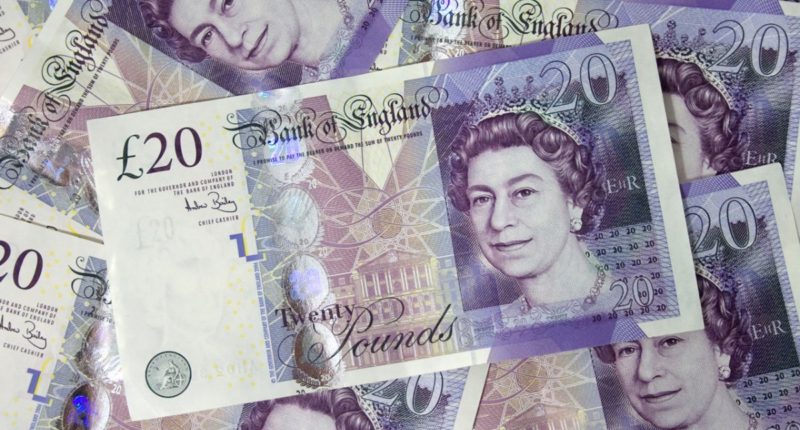The UK economy unexpectedly contracted in August, bolstering expectations of a recession. According to official estimates, the unexpected 0.3% dip occurred as manufacturers and consumer-facing enterprises faltered.
Analysts predicted that the economy would pause in August but not contract as business and household costs rose.
Why this is happening
Prices are rising at the quickest rate in 40 years, eroding people’s budgets and exceeding wage growth and the Bank of England has previously stated that the United Kingdom will enter a recession before the end of the year.
A brief background
A country’s economy expands and, on average, individuals become slightly richer as the value of the goods and services it produces – its Gross Domestic Product (GDP) – rises.
However, their value might fall, and a recession is commonly defined as when this occurs for two three-month periods – or quarters – in a row, indicating that the economy is performing poorly.
According to the most recent figures from the Office for National Statistics (ONS), GDP decreased by 0.3% in the three months to August. It was a drop from July, when the UK GDP expanded by 0.1%.
Some economists predict that the extra bank holiday for the Queen’s funeral and the period of mourning will affect business hours and productivity in the coming months, while rising costs will begin to bite.
A general overview
The International Monetary Fund (IMF) cautioned that the worst was yet to come for the global economy, with many people experiencing “recession-like conditions” in 2023 as a result of rising expenses and the ongoing fallout from Russia’s invasion of Ukraine.
The financial institution warned on Tuesday that the UK economy could contract severely in 2023 as rising prices and higher interest rates restrict consumer spending.

